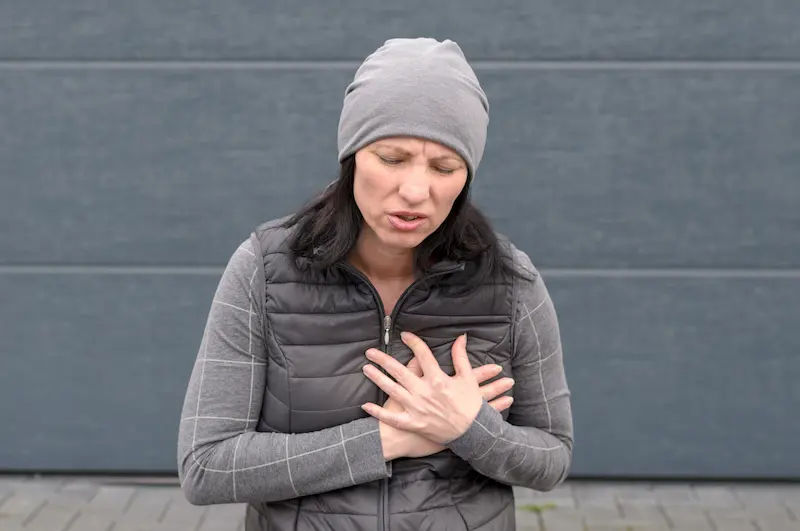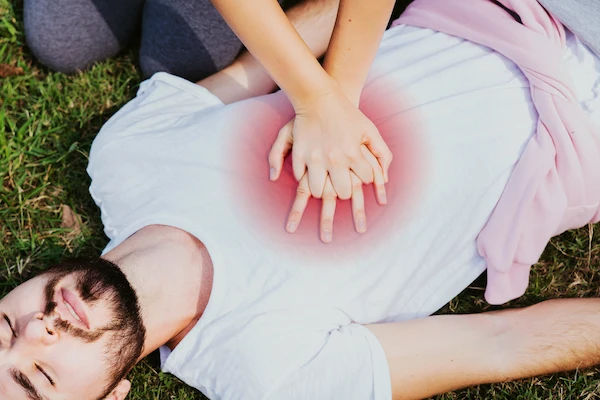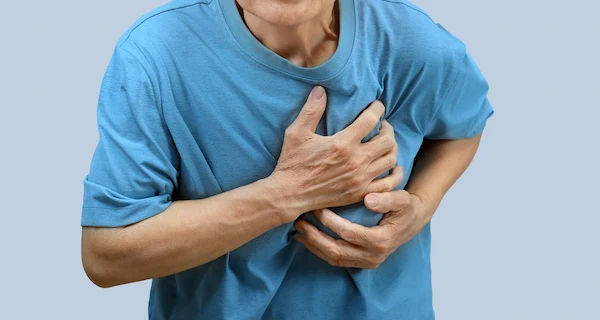- female
- 49 Years
- 29/01/2025
My mom just turned 49 and she was recently diagnosed with aortic sclerosis and AR AT. Her blood pressure's been super high at 190100, even with medication. I'm really worried. Is this something that can be cured, and what steps should we take to prevent heart failure?
Answered by 1 Apollo Doctors
condition of aortic sclerosis with AR+ and AT+ along with high blood pressure of 190100 can be managed with medication. To help prevent heart failure and further complications, it is important to control her blood pressure. She can take medications like Amlodipine 5mg once daily and Lisinopril 10mg once daily to help lower her blood pressure and reduce the strain on her heart. Additionally, she should follow a heart-healthy diet low in sodium and saturated fats, engage in regular physical activity, and avoid smoking. Regular follow-up with her healthcare provider is essential to monitor her condition and adjust treatment as needed
Dr. Chandra Suggests...
Consult a Cardiologist
Answered 04/07/2025
0
0

More Cardiology Health Queries
View allI'm a bit worried about my recent TMT report. It came back as mildly positive for provocable ischemia. I'm currently taking atenolol 50mg and atorvastatin 10mg. What does this mean for my heart health, and should I be concerned or is there more I need to do?
A TMT report indicating mildly positive provokable ischemia suggests potential reduced blood flow to the heart during exertion, indicating coronary artery disease. Given that you are taking Atenolol 50 mg and Atorvastatin 10 mg, it is crucial to review these findings with your cardiologist. They may recommend additional diagnostic tests such as a coronary angiogram or stress echocardiogram to further evaluate your condition. In the meantime, continue taking your medications as prescribed, and adhere to lifestyle modifications like a heart-healthy diet, regular exercise within advised limits, and stress management. If you experience any worsening symptoms, seek immediate medical attention.
Answered by 1 Apollo Doctors
I'm having this heaviness in my chest when I breathe in, and it's getting really intense when I lie down. It started right after I had dinner. Should I be worried about this? What could be causing it?
take tablet zerodol and tablet pantop for 3 days once a day
Answered by 1 Apollo Doctors
My mom has a 28 mm hole in her heart. Can the immune system heal this naturally, or is surgery necessary? I'm also curious whether treatments like Ayurveda might help. What do you suggest?
A 28 mm hole in the heart, likely referring to a congenital defect such as an atrial septal defect (ASD) or a ventricular septal defect (VSD), typically requires medical intervention. This size of a defect is unlikely to close on its own and can lead to serious complications if left untreated. Surgery or a catheter-based procedure is usually required to close such a large defect. Ayurveda or other alternative therapies are not effective for treating structural heart defects. It's crucial to consult with a cardiologist to discuss the appropriate treatment options for your mother
Answered by 1 Apollo Doctors
Disclaimer: Answers on Apollo 247 are not intended to replace your doctor advice. Always seek help of a professional doctor in case of an medical emergency or ailment.





